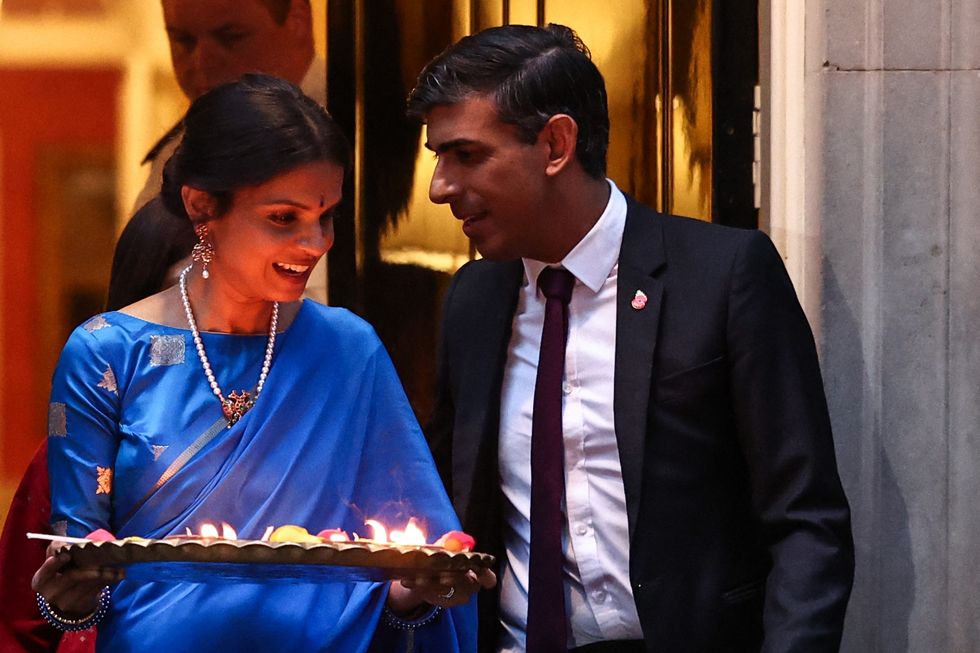Millions of Indians went to the polls on Saturday (4) in the opening round of regional elections seen as the first major test of prime minister Narendra Modi’s party after his controversial move to ban high-value notes.
Five Indian states will elect new governments over the next five weeks, with northern Punjab and west coast Goa on Saturday witnessing high turnout in the first leg of the multi-phased elections.
Modi’s move to ban notes in November that made up 86 percent of the currency was aimed at curbing widespread tax evasion, but it has also dented growth and caused widespread pain in the cash-reliant nation.
His personal popularity has remained high well into his first term, but the elections are being seen as a test of its endurance.
More than 76 percent of the 20 million eligible voters in Punjab and Goa turned out to cast their ballots to elect a total of 157 legislators, the election commission of India said.
“Goa had a record 83 percent voter turnout. Punjab witnessed marginally low turnout at 70 percent” Umesh Singh, an ECI official, told reporters in New Delhi.
Singh said voting went smoothly in both states with only minor delays caused by a few faulty voting machines.
The commission said 55 million rupees in cash, nearly 15 million litres of liquor and large quantities of drugs were seized by authorities in the weeks leading up to the elections in both states.
Cash and liquor are often used to buy votes.
Massive security arrangements had been put in place to ensure violence-free voting, with hundreds of thousands of security personnel on guard outside pollings stations.
Early Saturday Modi took to Twitter to call on voters to exercise their right to vote.
Polls have shown Modi’s Bharatiya Janata Party (BJP) could lose in Punjab where it has been in power alongside its regional alliance partner since 2007, but also where a turnaround for the centre-left opposition Congress Party is possible.
Rahul Gandhi, the 44-year-old Nehru-Gandhi family scion who is seen as the Congress Party’s next head, has pulled out all the stops to revive its fortunes after a series of state election defeats.
“It is the most important election for the Congress Party which needs a victory on its own,” said Nistula Hebbar, political editor with The Hindu newspaper.
“The erosion of its political support has been spectacular. More than anyone, Rahul Gandhi needs a standalone victory to silence critics both outside and within the party,” she added.
Aam Aadmi (“common man”) Party is contesting its maiden elections in the two states in a triangular contest with BJP and Congress after its sweeping victory over both in Delhi state elections in 2015.
- Big test -
But the biggest test for Modi will be in India’s most populous state Uttar Pradesh (UP), where the ruling BJP won big in the 2014 general election.
The state is important because it sends the highest number of MPs to the upper house of the national parliament, where the BJP currently lacks a majority and as a result has struggled to push through reforms seen as critical to fuelling the economic growth it promised voters.
“The BJP swept Uttar Pradesh with the largest chunk of MPs in 2014. A defeat here would signal that there has been erosion of support for Mr Modi,” said Hebbar.
The northern state of Uttarakhand and Manipur in the northeast will also elect new governments, with results for all five states due on March 11.
“The immediate conclusion that can be drawn for the Bharatiya Janata Party is whether the larger politics behind demonetisation… has worked or not,” Kanchan Gupta, commissioning editor with ABP News, told AFP.
“It would also be a reflection on whether in these two-and-a-half years, the national government has been able to perform with a credibility that overwhelms the performance of individual state governments.”














 Rishi Sunak and Akshata Murty. (Photo by HENRY NICHOLLS/AFP via Getty Images)
Rishi Sunak and Akshata Murty. (Photo by HENRY NICHOLLS/AFP via Getty Images) 

